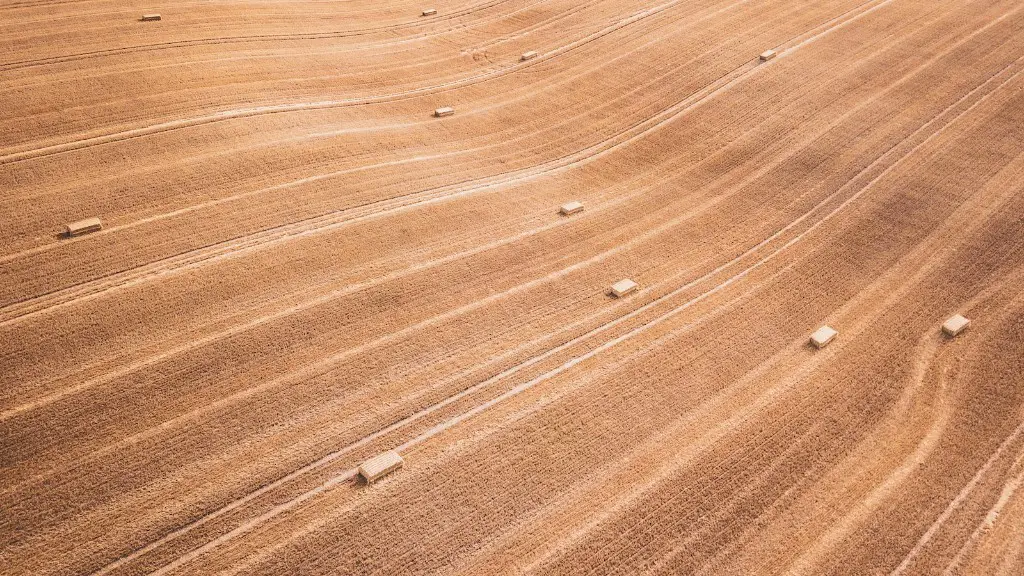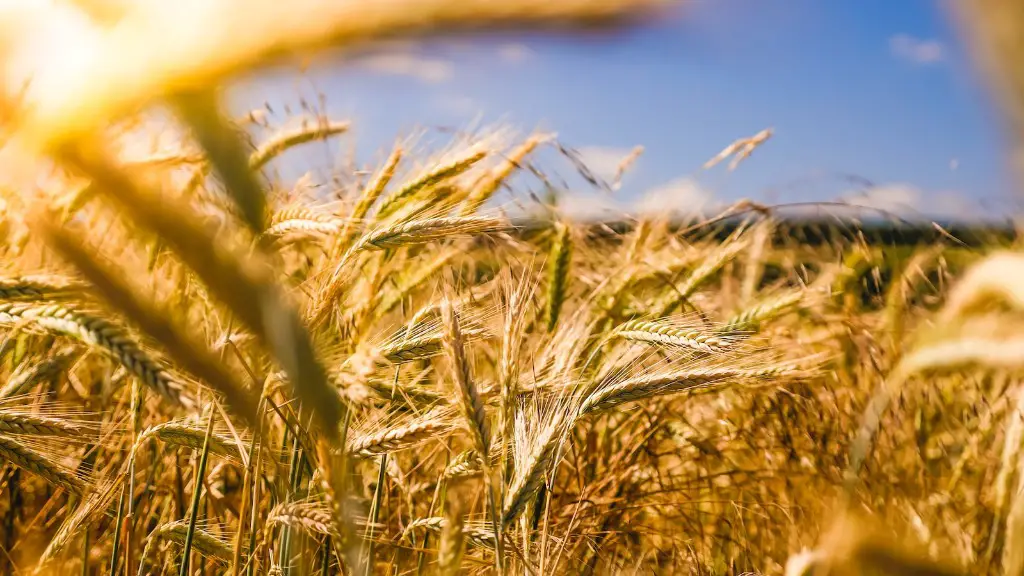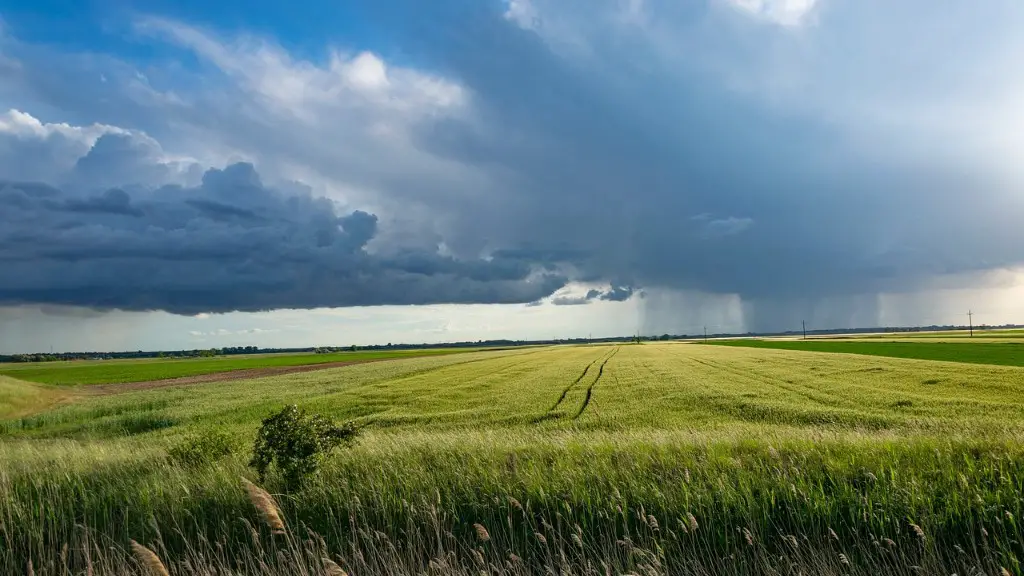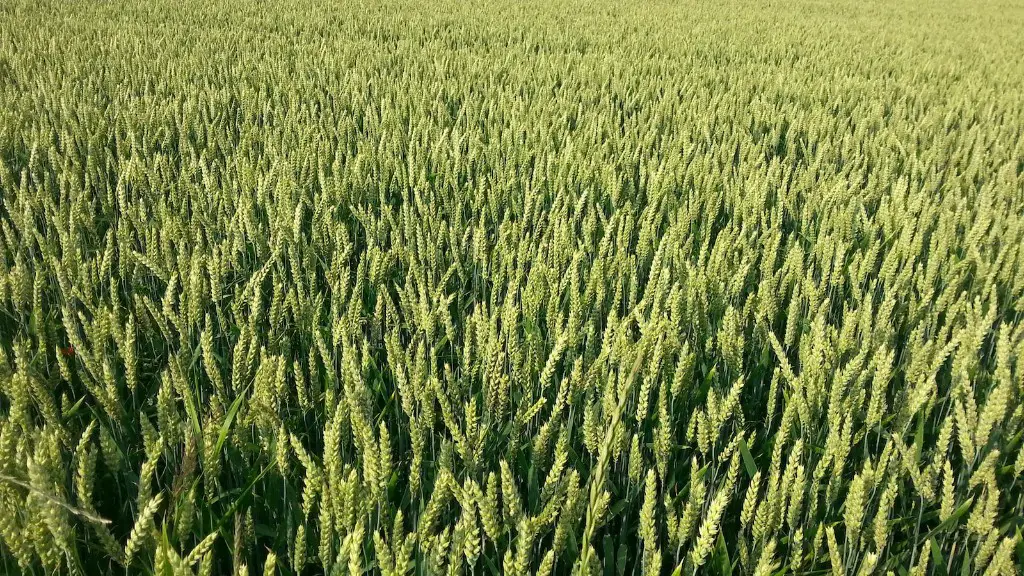Lime is crusher stone used in agriculture. It is used to improve the soil byneutralizing the acidity of the soil and to provide a source of calcium for theplants.
Lime is used in agriculture as a soil amendment and pH regulator. It can be used to raise the pH of acidic soils and to lower the pH of alkaline soils. Lime is also used to reduce the toxicity of heavy metals in the soil.
How is lime used in farming?
Agricultural lime is a key component in maintaining optimal soil pH levels for crops. By applying lime to acidic soils, farmers can improve crop yields and protect their bottom line. Without proper soil pH levels, crops cannot grow properly and yield decreases. Agricultural lime is an important tool for farmers to keep their soils healthy and productive.
Lime is an important soil amendment for gardens and lawns. It helps to increase the soil’s pH, making it less acidic and more alkaline. This is important for the health of plants, as it allows them to better absorb nutrients from the soil. Lime also helps to improve the structure of the soil, making it more crumbly and easier for roots to penetrate.
What are the main uses of lime
Lime products contain calcium oxide, which is a key ingredient for many essential processes. Calcium oxide helps purify drinking water, make sugar, clean gases from power stations, construct buildings, produce iron and steel, and treat contaminated land.
There are two types of agricultural lime: high-calcium lime and dolomitic lime. As the names suggest, the two types of agricultural lime reflect the mineral composition of the limestone used in their production.
High-calcium lime is produced from limestone that is high in calcium carbonate. Dolomitic lime is produced from limestone that is high in both calcium carbonate and magnesium carbonate.
Why do farmers sprinkle lime on fields?
Slaked lime is a great way to neutralize the acidity in soil. The acidity might be caused by chemicals and fertilizers, or it might be due to acid rain. The rain helps to dissolve the slaked lime into the soil, which helps to neutralize the acidity.
Lime is used to adjust the pH of acidic soils in order to create a more hospitable environment for crops. When the soil becomes too acidic (pH level < 5), it becomes a toxic environment for crops. There is, however, a way to overcome a situation where the soil pH is too low. When the soil becomes acidic, lime can be applied to the soil to increase its pH and reduce its acidity.
Which plants do not like lime?
Ericaceous plants are beautiful, but they can be tricky to grow. Soil pH is a major factor in their growth, and they prefer acidic soils. If you have alkaline soil, you can still grow these plants, but you’ll need to take special care. Make sure to monitor your soil pH and adjust accordingly. With a little extra effort, you can enjoy these lovely plants in your garden.
If your soil is too acidic, applying lime will help to balance it out. This will make your soil more effective when you fertilize it, and save you money in the long run.
Can you put too much lime in your soil
If you use too much lime on your lawn, it will remove the acidity from the soil and make it too alkaline for your grass to thrive. This will cause your grass to yellow and it will not be able to absorb moisture and nutrients from the soil around it.
Limes are a delicious and healthy fruit, but they can also cause some unpleasant side effects. Some people may experience acid reflux from eating limes or drinking the juice due to its acidity. Other digestive symptoms may include heartburn, nausea, vomiting, and difficulty swallowing. Limes are very acidic and best enjoyed in moderation. If you experience any of these symptoms after eating limes, be sure to drink plenty of water and avoid any further citrus fruits until your symptoms subside.
What do Mexicans use lime for?
Lime juice is an essential part of Mexican cuisine. It’s used to flavor beverages, dress ceviche, season soups and salads, and add zest to fruit and vegetables, meats, desserts, and more. Mexican dishes wouldn’t be the same without the fresh, tart taste of lime juice.
The soil can become acidic for a number of reasons, including the use of too much fertilizer. This can make it difficult for plants to grow properly. If the soil is too acidic, farmers can treat it with quick lime or slaked lime to neutralize the effect and make the soil neutral.
How often do farmers apply lime
It is important to keep your soil’s pH levels balanced in order to ensure optimal growing conditions for your plants. If your soil is too acidic, you can correct it by adding lime. You should aim to lime your soil every 3-4 years in order to maintain a pH level that is comfortable for your plants.
Lime is a key soil amendment that can help improve plant growth. It takes two to three years for lime to completely react with the soil, but benefits from lime may be seen within the first few months after application. Proper soil testing can help determine how much lime is needed to achieve the desired results.
How often should you lime your fields?
Lime should not be applied to grass and yards that are wilted or covered in frost. Since it can take two years for lime to move 2 inches into your soil, avoid over-liming by applying lime only every three to five years.
There is no evidence to suggest that lime is effective in deterring certain types of wildlife, including rodents and snakes. Some people believe that the strong smell of lime will keep these animals away, but there is no proof to support this claim. If you’re looking for a way to keep pests away, consider using other methods.
Do you lime a field before plowing
If you’re plowing without disking, you may be depositing a layer of lime at the plow sole. If you need more than 4 tons of aglime per acre, apply half of the aglime before working the field. Apply the remaining half after plowing or other field preparation, and then disk it into the soil.
Lime can be a great addition to your garden soil, but it’s important to take some precautions when using it. Make sure to wear protective gear when applying it, and wait until it’s been incorporated into the soil before using your yard.
Warp Up
Lime is used in agriculture to adjust the pH of soils. It can be used to raise the pH of acidic soils, making them more alkaline. This is important because most plants prefer a slightly alkaline soil, with a pH between 6.0 and 7.0. Lime can also be used to lower the pH of alkaline soils, making them more acidic. This is important in some cases, such as when growing blueberries, which prefer an acidic soil.
Lime is a calcium-containing inorganic material that is used in agriculture to neutralize soil acidity. Lime supplies essential nutrients to plants, improves soil structure and encourages microbial activity. It also helps to break down organic matter and increase soil fertility.





